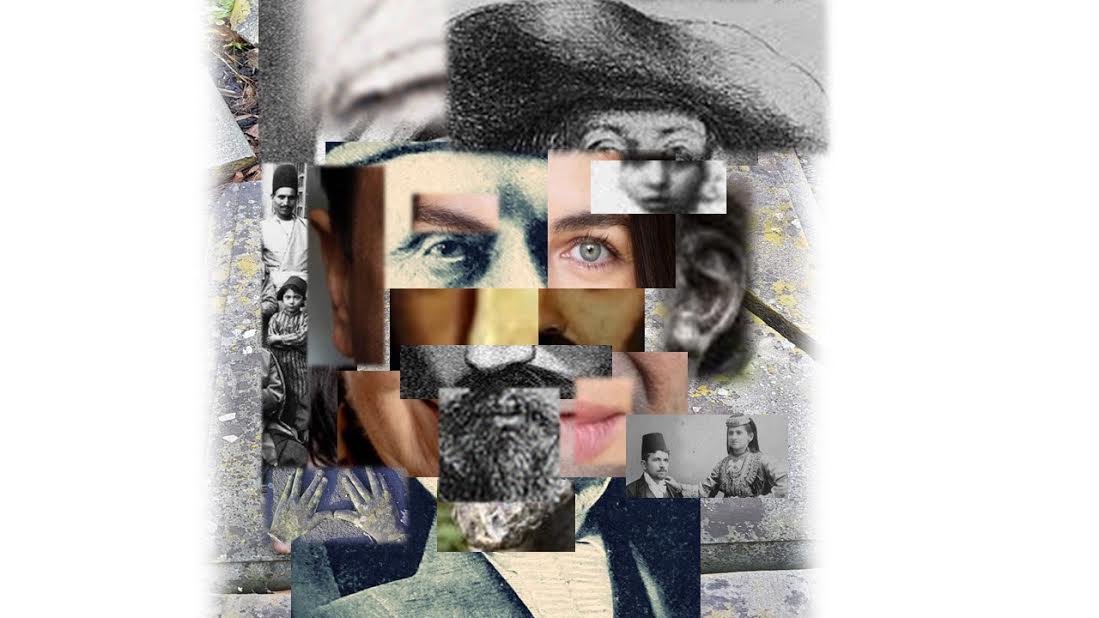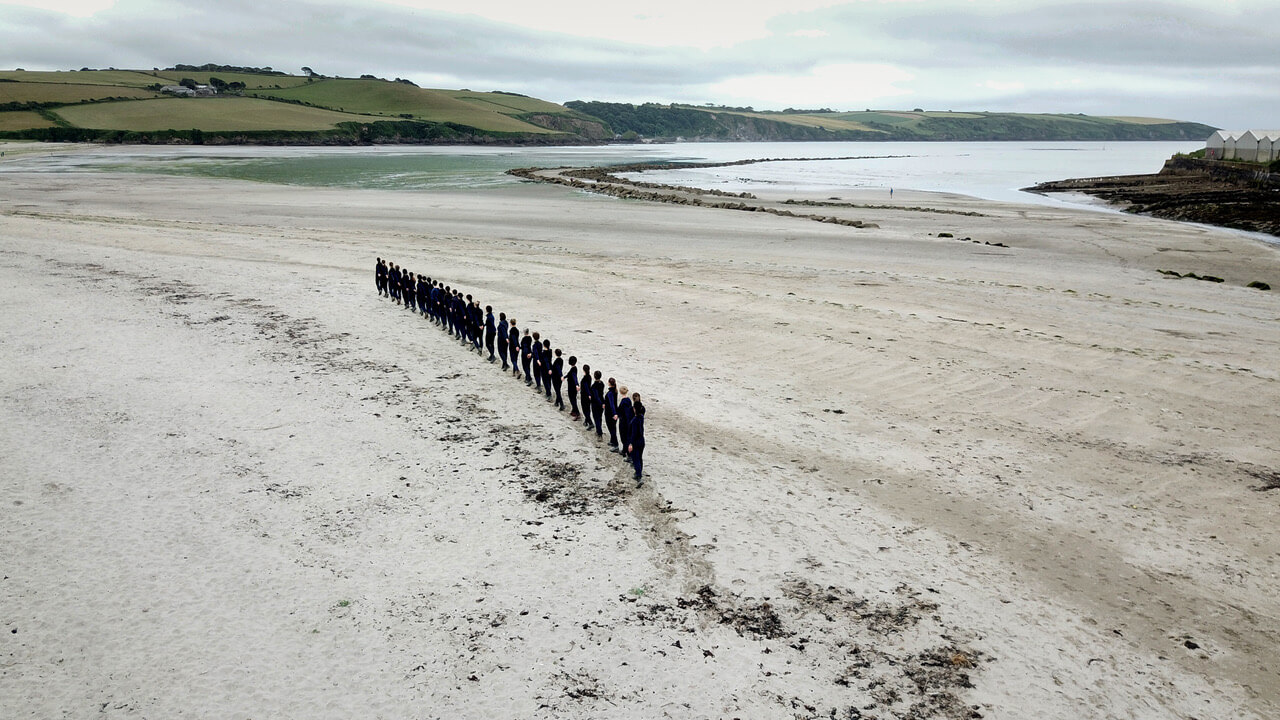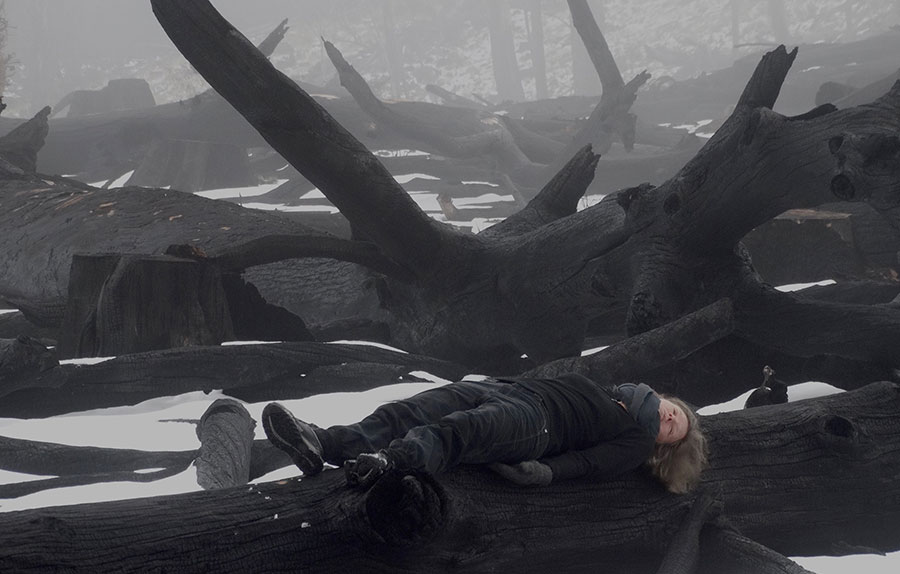Wednesday 3 March 2021
About the Tipping Point Series
The two panel discussions bring together dance and theatre artists, educators and facilitators working with movement in trans-disciplinary and trans-cultural ways, with a focus on regenerative somatics, ecology, and embodied collective wellbeing.
There is a growing trend within dance and somatic practices to reclaim their potential for being culturally transformative. How do we construct embodied practices of self-care as radical and critical tools for social integration, community building or ecological regeneration in a rapidly changing world? 'Can somatic practices and dance offer new modes of thinking, perceiving and being-with, necessary for an embodied planetary citizenship and stewardship? How can the organismic introspection and heightened perceptual awareness, fostered through diverse somatic approaches, support the development of an eco-consciousness within education, therapy and the arts? How can we articulate eco-somatic practices and ethics as acts of care, resistance, reconnection and regeneration? How can somatically informed arts practices offer timely communal forms of expression, immersion and activism in a world facing ecological catastrophe? How does such catastrophe influence, disturb, radicalise and politicise our practices? ' (JDSP Vol 13.2 Call for contributions).
Tipping Point 1: Eco-Somatics as practice and activism - watch the recording
In this panel discussion eco-somatic dance activists Jamie McHugh (US) and Katia Münker (D) are discussing their practices and, together with Professor Thomas Kampe, will reflect on their editing of the latest volume of the Journal for Dance and Somatic Practices (13.2) on ‘Somatics and Eco- Consciousness’. They will be joined by dance activist Tiago Gambogi (BR/UK) who will talk about his eco-activist performance work in Brasil and the UK.
Chaired by Thomas Kampe and Mary Steadman.
Funded by the Research Centre for Environmental Humanities, with thanks to Professor Kate Rigby
About the speakers
Katja Münker (Berlin/D) - Dancer/Choreographer/Researcher/Feldenkrais Practitioner
Trained as physiotherapist, studies of contemporary dance, (contact-) improvisation and instant composition. Long-term experience in several somatic practices, professionally trained in Feldenkrais Method and Somatic Yoga. Artistic works and research with the focus on the connection between somatic and choreographic practices as well as on walking and environmental relatedness. Regular national (i.a. Tanzfabrik Berlin, FU Berlin, UdK Berlin, HZT Berlin) and international teaching, lecturing and contributing work for congresses, publications, co-curation of Take Us for a Walk-Symposium (2014) and BODY IQ Festival (2015-2017). Collaborations i.a. with AREAL_artistic research lab Berlin and director of Environmental Somatics Training and co-director of main trainings at Somatic Academy Berlin.
Jamie McHugh, MA, RSMT - Interdisciplinary artist, somatic movement specialist and the creator of Somatic Expression®
Body Wisdom for Modern Times. His somatic-expressive practices for re-wilding the body, decolonizing the mind and restoring the spirit have been developed through intensive study over time with Bonnie Bainbridge Cohen, Emilie Conrad, Anna Halprin, Thich Nhat Hanh and the wild places of the planet, and through working with diverse groups of people internationally for over 40 years. Jamie continues to study and research the mystery of the body as an element of nature and as an expression of our humanity.
Tiago Gambogi (UK / Brazil) - Performer, dancer, actor, choreographer and director
Tiago is an award-winning Brazilian / British performer, dancer, actor, choreographer and director who has been working in contemporary dance, theatre, site-specific environmental performance, clowning, artivism and pole dance internationally for more than 20 years. Tiago co-directs the dance-theatre group f.a.b. - Detonators and worked with many artists, including Nigel Charnock, Earthfall, Ben Duke, Angela de Castro, Grupo Oficcina Multimédia and The Institute for Crazy Dancing. He created 25 works, 11 films, directed 10 shows, performed in 15 countries and is a workshop facilitator.
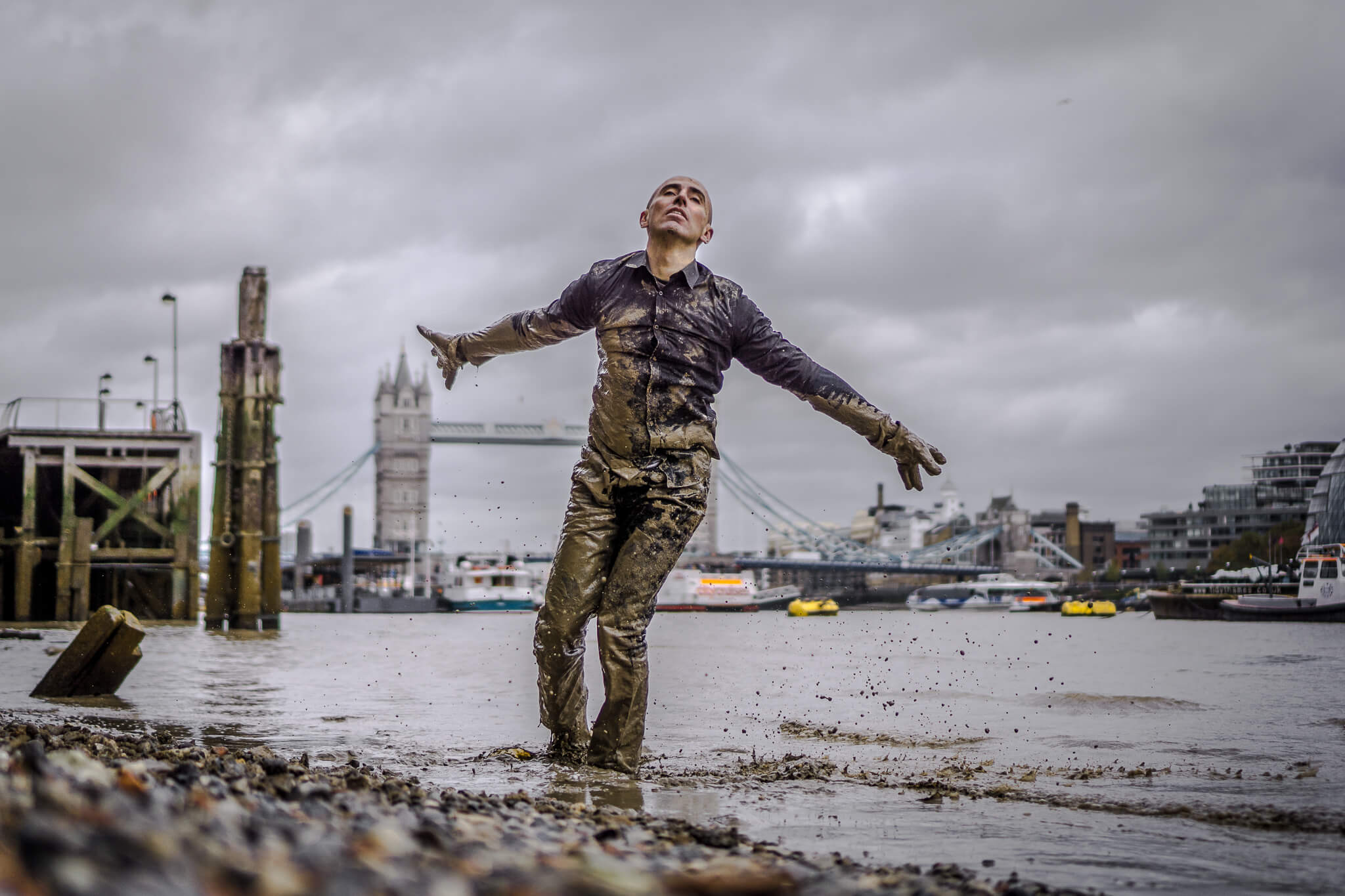
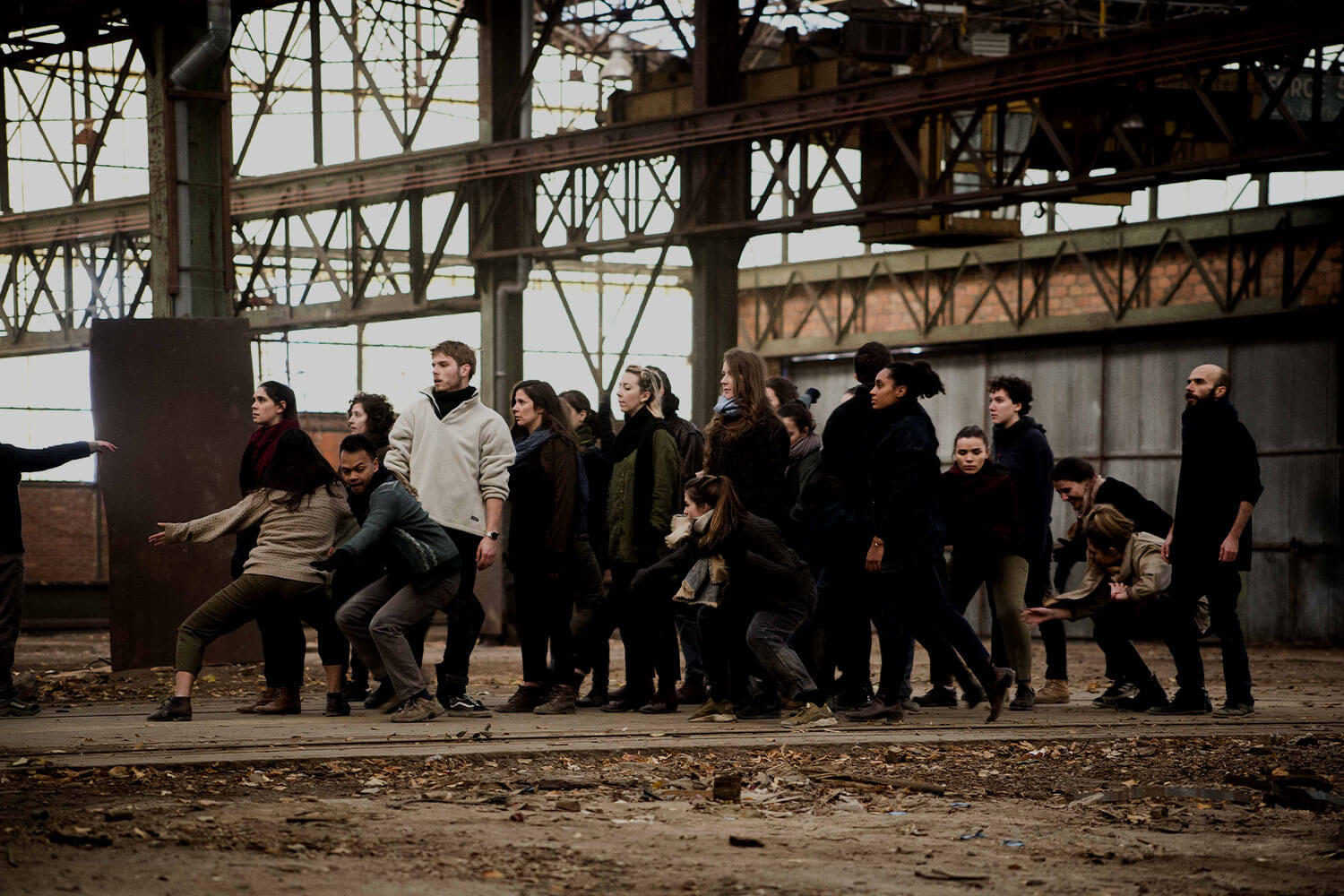
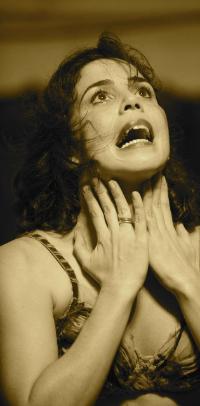 of social urban landscapes through dance, performance and installations. She has taught movement techniques for actors to BA and Master Courses in Universities in Brazil, New York – US and United Kingdom. She has extensive experience in Laban Bartenieff technique and has been teaching somatic approaches to CPD courses as well as utilizing those techniques in her clinic therapy practice. She holds a PhD in Performing Arts at Federal University – Brazi with a Visiting Scholarship at New York University and has 20 years of practice on physical theatre training and somatic-healing approaches for dancers, actors and bodywork practitioners. Andrea is a core member of Cross-Pollination Platform of Theatre where she develops a collaborative embody research practice and Art Director for Intercultural Roots. Her passion to connect art, healing and public spaces performances coalesced the perfectly through her work Intercultural Roots program for Arts for Health and Social Change.
of social urban landscapes through dance, performance and installations. She has taught movement techniques for actors to BA and Master Courses in Universities in Brazil, New York – US and United Kingdom. She has extensive experience in Laban Bartenieff technique and has been teaching somatic approaches to CPD courses as well as utilizing those techniques in her clinic therapy practice. She holds a PhD in Performing Arts at Federal University – Brazi with a Visiting Scholarship at New York University and has 20 years of practice on physical theatre training and somatic-healing approaches for dancers, actors and bodywork practitioners. Andrea is a core member of Cross-Pollination Platform of Theatre where she develops a collaborative embody research practice and Art Director for Intercultural Roots. Her passion to connect art, healing and public spaces performances coalesced the perfectly through her work Intercultural Roots program for Arts for Health and Social Change. 
.jpg)
